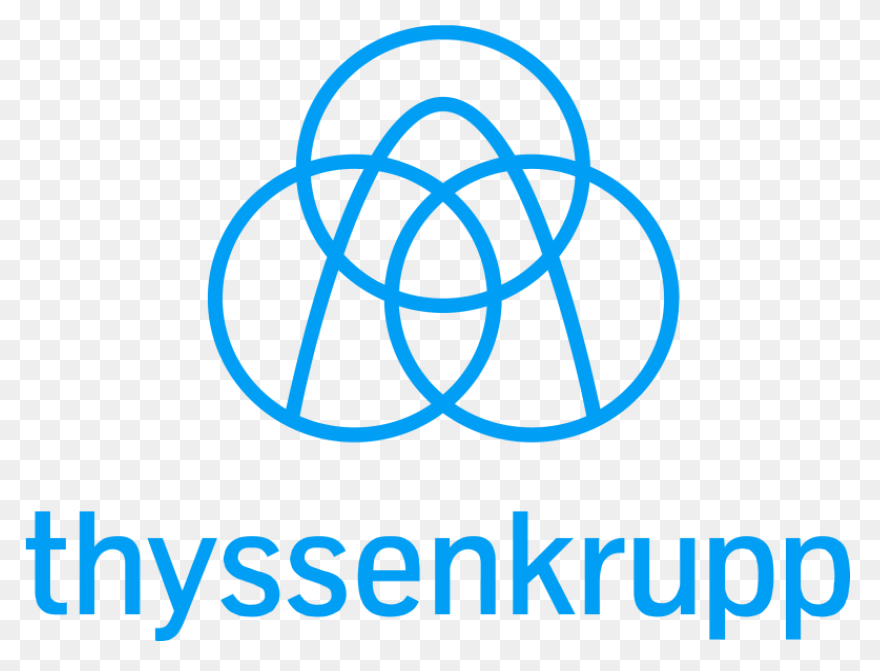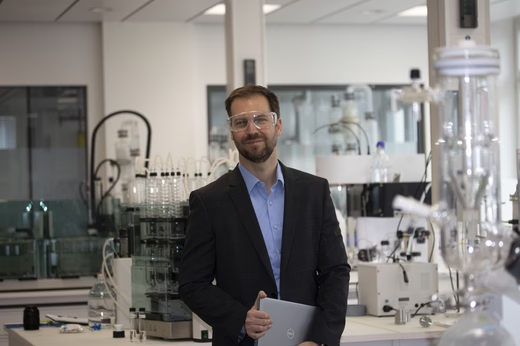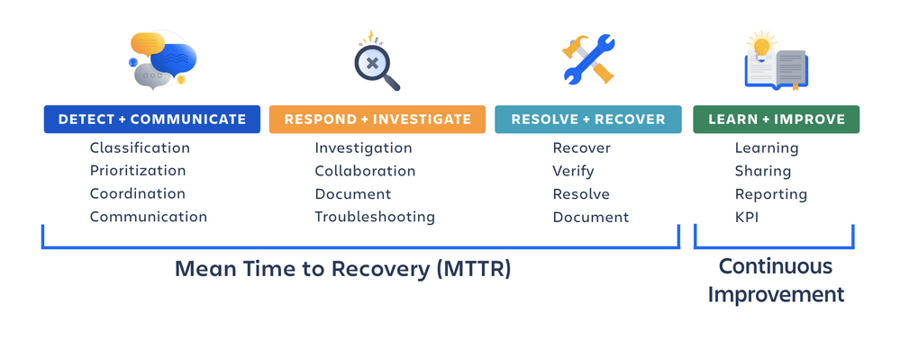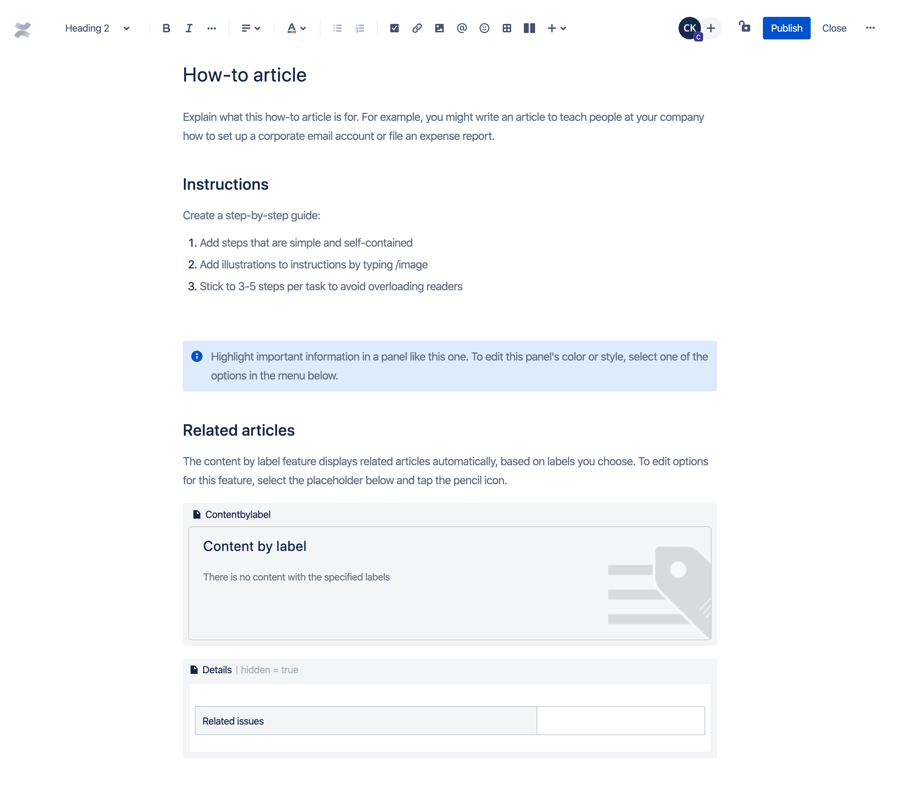Atlassian Tools in Mechanical engineering - Powered by catworkx
GET STARTED!Overview of Mechanical Engineering
Mechanical engineering is a field of engineering that deals with the design, analysis, manufacturing, and maintenance of mechanical systems. Mechanical engineers work in various industries, such as automotive, aerospace, robotics, and energy. They apply the principles of physics, mathematics, and materials science to design and develop new products or improve existing ones. Mechanical engineering plays a vital role in modern society, contributing to the development of new technologies that improve our quality of life.
Main challenges in the mechanical engineering industry
Rapid Technological Advancement
The mechanical engineering industry is constantly evolving, with new technologies and materials emerging regularly. For businesses in this industry, keeping up with these changes is essential to remain competitive. Companies must invest in ongoing training and development for their employees to ensure that they have the skills and knowledge necessary to work with the latest technologies and design innovative products.
Sustainability and Environmental Impact
In recent years, there has been growing concern about the environmental impact of mechanical engineering projects, particularly in industries such as automotive and aerospace. Engineers are increasingly being asked to design products and processes that minimize their environmental impact and reduce their carbon footprint. This requires a deep understanding of sustainability principles, as well as the ability to integrate them into the design and manufacturing process.
Increasing
Complexity
Mechanical engineering projects are becoming increasingly complex, with many designs incorporating electronics, software, and other advanced technologies. This complexity can create significant challenges for mechanical engineers, who must ensure that all components work together seamlessly and meet performance requirements.
Mechanical engineering industry trends
Stay up-to-date with industry trends to remain competitive and meet customer demands
One major trend in the industry is the growing adoption of additive manufacturing, also known as 3D printing. This technology allows engineers to create complex geometries and produce parts and components faster and more efficiently than traditional manufacturing methods. Additive manufacturing is particularly useful for rapid prototyping and small-scale production, and has applications in a variety of industries including aerospace, automotive, and medical devices.
Benefits of Atlassian Tools for Mechanical Engineering:
Improved Collaboration
Atlassian tools provide a centralized platform for mechanical engineering teams to communicate, collaborate, and share information. By improving collaboration and knowledge sharing, teams can work together more efficiently and avoid costly errors and delays.
Streamlined Project Management
Enhanced Documentation Management
Improved Product Quality
Quality Control and continuous improvement
Jira can be used to track quality control issues, including non-conforming products, corrective actions, and preventive actions. Quality control team members can use Jira to create, assign, and track issues, and monitor progress in real-time. You can also use Jira to track continuous improvement initiatives, such as Lean manufacturing projects, Six Sigma projects, and Kaizen events. Team members can use Jira to create, assign, and track improvement projects, and monitor progress in real-time.
ISO, IATF and other standard compliance with Jira
Policies and standards are documented in Confluence and managed in Jira. We use Confluence's formatting and layout features to display diagrams, flow charts, and other media.
In Jira, these are linked and managed. This means you can map their lifecycle and be warned of expiration, handle exception requests as linked tickets, and easily map policy updates.
Audits are presented in a similar way to Epics. In audits, all inquiries are collected and answered. If findings are made during the course of the audit that need to be addressed, they are also linked to the audit. All tasks created as part of the Findings are assigned as Measures or Controls to the respective Finding.
ISO 27001
Information security is critical in mechanical engineering to protect intellectual property, designs, and sensitive customer information. ISO 27001 is a standard that specifies requirements for an information security management system (ISMS). It helps organizations manage and protect sensitive information by identifying risks and implementing controls to mitigate those risks. Atlassian's Jira and Confluence tools can help organizations comply with ISO 27001 by providing secure platforms for information sharing, collaboration, and documentation management. These tools can help ensure that sensitive information is only accessible to authorized personnel and that access is tightly controlled.
ISO 14001
Environmental management is increasingly important in mechanical engineering to minimize the impact of manufacturing processes and products on the environment. ISO 14001 is a standard that specifies requirements for an environmental management system (EMS). It helps organizations manage their environmental impacts by identifying and managing risks and opportunities related to environmental performance. Atlassian's tools can help organizations comply with ISO 14001 by providing platforms for tracking and managing environmental performance metrics, identifying areas for improvement, and collaborating on sustainability initiatives.
ISO 9001
Quality management is essential in mechanical engineering to ensure that products and services meet customer needs, are safe and reliable, and comply with industry standards and regulations. ISO 9001 is a standard that specifies requirements for a quality management system (QMS). It helps organizations manage the quality of their products and services by identifying customer needs and expectations, measuring performance, and implementing continuous improvement. Atlassian's tools can help organizations comply with ISO 9001 by providing platforms for managing project requirements, tracking progress, and identifying and addressing issues in real time.
This is how we use Atlassian tools in mechanical engineering:
Asset Management
Time Tracking
Governance, Risk & Compliance (GRC)
SLA and Queues
Incident Management
Industrial maintenance
Atlassian Backup & Restore
Our Services:
Consulting
We are happy to advise you in detail and personally regarding the Atlassian products and our services around Atlassian.
Configuration
Talk to our experienced consultants who analyze potential and agree with an optimization plan.
Support
No matter if you are new to the Atlassian Suite or just need a hand with a certain topic – we are glad to help.
Development
Do you need special functions that are not covered by any existing app? We develop your own apps individually adapted to your needs.
Hosting
We are helping you to reach the availability that you need by offering several different service level categories with up to 99.9% availability.
Trainings
Teams of up to 8 can schedule private sessions, either online, or we’ll come to your site and deliver Team (Onsite) classes.
Licenses
We offer attractive package benefits and advise on advantageous options for buying or extending Atlassian licenses.
Optimization
We stabilize your atlassian systems and make sure they always run perfectly!
Join catworkx's successful customers in mechanical engineering

Transfer of Atlassian Tools from Shadow IT to ITIL IT Operations
"catworkx and thyssenkrupp Marine Systems now have a long-standing partnership. "The high functionality of Atlassian's tools enabled a first-class digital mapping of many of our processes"

Tobias Dieckmann
Senior Manager IT Demand Management



"It's a good tool to help our users find their projects. It's easy to configure."

Stefan Riek
Projektmanager

"We have been working with catworkx for several years and are very satisfied with the advice and implementation of our topics."
.jpg)
Nina Schmidt
Head of Project and Process Management
"The addon STAGIL Assets is great for our Jira application. We have implemented our risk management and customer service with integrated CRM using this addon. The configuration was very user friendly. The graph is perfect for being able to understand the relationships between the issues. Panels can be used to display information on issues comfortable and structured. I can really recommend this addon."
Michelle Kopp
"A great help for visualization of complex ticket relations within our projects. Very useful for reducing complexity."

Daria Herrgen
Büchi Labortechnik AG: Successful migration to the cloud
"The Atlassian Suite is developing rapidly in the cloud, and in retrospect, the quick switch from our on-premises solution to the cloud was exactly the right decision. Today, we benefit from the high standards and flexibility that this modern environment offers us."

Reto Hossmann
Head Global ICT
Seamless migration from on-premises to the Atlassian cloud at Oetiker
"It was the most seamless migration I've ever been a part of. catworkx's support and expertise were top notch and helped us achieve our goal of successfully moving our on-prem environment to the Atlassian Cloud."

Marcin Storoz

Agile working with Scrum at Wienerberger
"The agile process has made the team resilient. Even the coronavirus lockdown did not cause any delays in the projects thanks to the switch to the agile approach."

Thomas Landl

Want to know how Atlassian tools benefit the mechanical engineering industry?
Let's talk about your business and processes that can be improved using Atlassian products!
The initial consultation is non-binding and is free of charge.
More on Mechanical engineering:





.png?width=64&height=64&name=ITIL%20Foundation%20(2).png)






.png)






